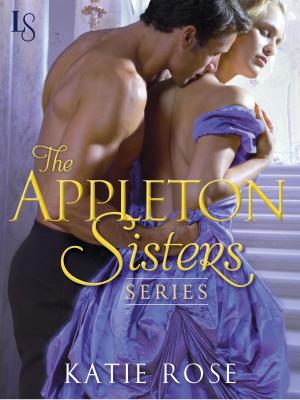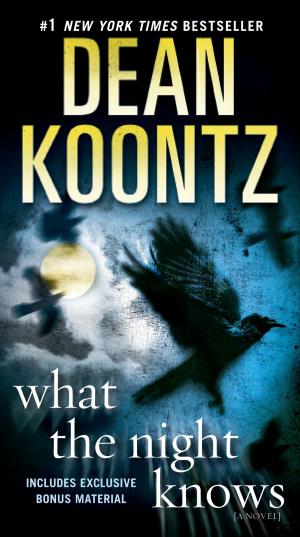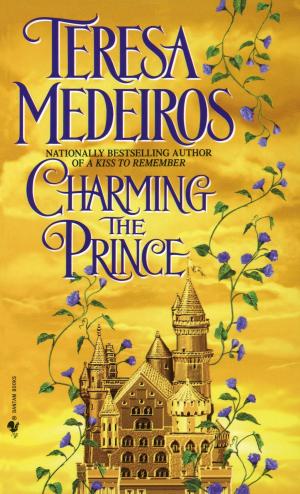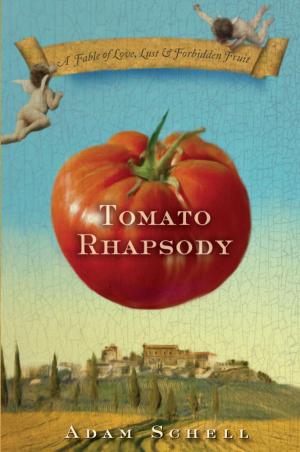| Author: | James Joyce | ISBN: | 9780679641612 |
| Publisher: | Random House Publishing Group | Publication: | November 1, 2000 |
| Imprint: | Modern Library | Language: | English |
| Author: | James Joyce |
| ISBN: | 9780679641612 |
| Publisher: | Random House Publishing Group |
| Publication: | November 1, 2000 |
| Imprint: | Modern Library |
| Language: | English |
Selected by the Modern Library as one of the 100 best novels of all time
Published in 1916, James Joyce's semiautobiographical tale of his alter ego, Stephen Dedalus, is a coming-of-age story like no other. A bold, innovative experiment with both language and structure, the work has exerted a lasting influence on the contemporary novel.
'Joyce dissolved mechanism in literature as effectively as Einstein destroyed it in physics,' wrote Alfred Kazin. 'He showed that the material of fiction could rest upon as tense a distribution and as delicate a balance of its parts as any poem. Joyce's passion for form, in fact, is the secret of his progress as a novelist. He sought to bring the largest possible quantity of human life under the discipline of the observing mind, and the mark of his success is that he gave an epic form to what remains invisible to most novelists.... Joyce means many things to different people; for me his importance has always been primarily a moral one. He was, perhaps, the last man in Europe who wrote as if art were worth a human life.... By living for his art he may yet have given others a belief in art worth living for.'
Selected by the Modern Library as one of the 100 best novels of all time
Published in 1916, James Joyce's semiautobiographical tale of his alter ego, Stephen Dedalus, is a coming-of-age story like no other. A bold, innovative experiment with both language and structure, the work has exerted a lasting influence on the contemporary novel.
'Joyce dissolved mechanism in literature as effectively as Einstein destroyed it in physics,' wrote Alfred Kazin. 'He showed that the material of fiction could rest upon as tense a distribution and as delicate a balance of its parts as any poem. Joyce's passion for form, in fact, is the secret of his progress as a novelist. He sought to bring the largest possible quantity of human life under the discipline of the observing mind, and the mark of his success is that he gave an epic form to what remains invisible to most novelists.... Joyce means many things to different people; for me his importance has always been primarily a moral one. He was, perhaps, the last man in Europe who wrote as if art were worth a human life.... By living for his art he may yet have given others a belief in art worth living for.'















